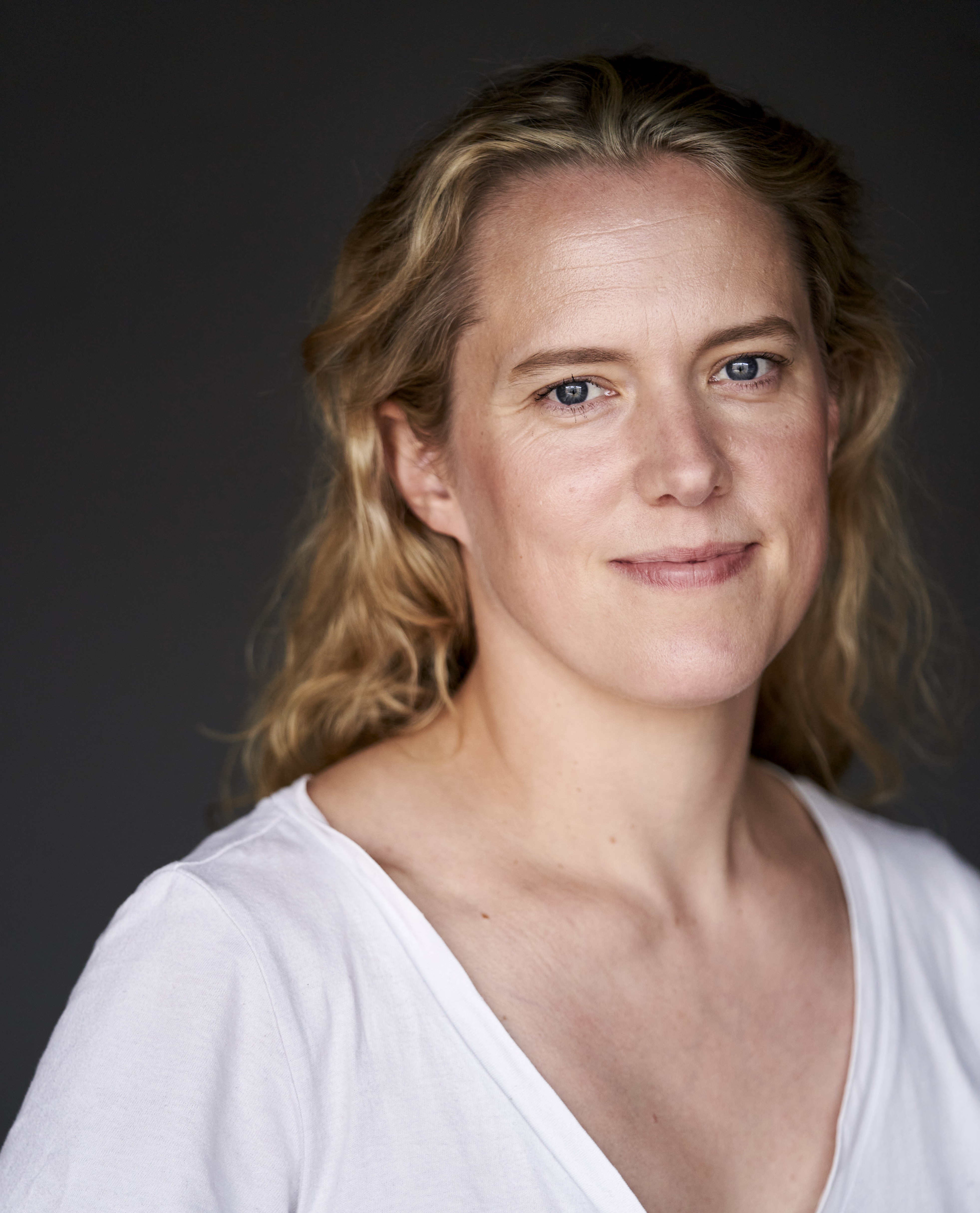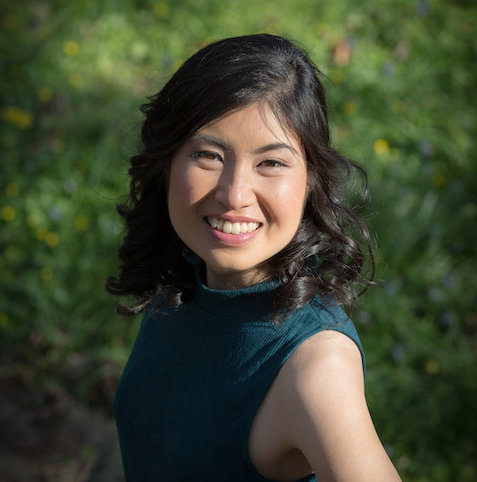‘Exceptionally promising’ academics announced as winners of £100,000 prize
“We are very proud to support these researchers through the next stage of their careers”
Two Fellows from St John’s have been awarded prestigious Philip Leverhulme Prizes worth £100,000 each to advance their research in philosophy and theoretical statistics.
Dr Jessie Munton has been announced a prize-winner by The Leverhulme Trust for her work on philosophy of mind, cognitive science and epistemology (the study of knowledge), and Professor Po-Ling Loh has been named as a recipient for her research in theoretical statistics; her work spans topics such as high-dimensional statistics, robustness, optimisation, and privacy, with machine learning applications.
The Philip Leverhulme Prize is for researchers at an early stage of their careers whose work has had international impact and whose future research career is exceptionally promising – to use for any research purpose. The prizes amount to £3 million shared between 30 academics.

Dr Munton, Director of Studies for Philosophy and University Associate Professor in Philosophy, said the news was ‘lovely and really unexpected’. “My research to date is quite interdisciplinary – I engage with psychology, neuroscience and psychiatry for instance. I’m hoping that the resources the prize offers will give me more time to talk to some of the amazing researchers we have here in Cambridge who are working on memory and forgetting.”
Five prizes are offered in six subject areas: Biological Sciences, History, Law, Mathematics and Statistics, Philosophy and Theology, and Sociology and Social Policy. The winners were chosen from more than 400 nominees.

Professor Loh, College Lecturer in Mathematical Statistics and Professor in the Statistical Laboratory in the Department of Pure Mathematics and Mathematical Statistics, said: “I was thrilled to learn that I had received a Leverhulme Prize. It’s very nice to receive this recognition, especially as I only moved to the UK two years ago and it reinforces the feeling that I am gradually becoming more established in my new academic surroundings.
“Out of the topics mentioned in the announcement, I’d like to highlight the combination of privacy + robust statistics. The latter topic is something I have been working on for the past eight years, and the former topic is something I have just started becoming interested in.
“I see many opportunities for synergy between the two areas and I have many exciting theoretical questions I would like to pursue. I think the money will be particularly useful in giving me flexibility in recruiting and supporting members of my research group – for example hiring summer undergraduate interns, funding travel of interns/RAs/PDRAs to conferences, IT equipment – and also inviting overseas collaborators to Cambridge for longer-term visits.”
Dr Munton’s work to date has mainly been in philosophy of mind and epistemology where she has focused on better understanding of visual perception, and the nature of bias. She is currently working on a book manuscript on the epistemology of attention and salience, due to be published by Oxford University Press. “What we choose to pay attention to, and what things capture our attention, often unwittingly, have a huge impact on how we think and reason,” she said. “We need ways of describing what goes wrong in those cases, but traditionally epistemology hasn’t paid much attention to those things. That’s changing now, and a brilliant aspect of writing the book has been talking to lots of other philosophers who are also excited to think about these questions.”
Professor Anna Vignoles, Director of the Leverhulme Trust, said: “In its 22nd year, this scheme continues to attract applications from exceptionally high calibre researchers. The Leverhulme Trust is thrilled to award prizes to academics undertaking work on an impressive range of topics, from plant evolution to the history of capitalism, family law to theoretical statistics, and the philosophy of science to human trafficking.
“We are very proud to support these researchers through the next stage of their careers.”
Professor Loh said she was ‘thrilled’ that all three of the prize-winners from Cambridge were women. “I know all of the female awardees in Mathematics very well – another of whom is a colleague at Cambridge – and I think it is really a celebration of strong female academic representation in academia.”
Published 27/10/2023